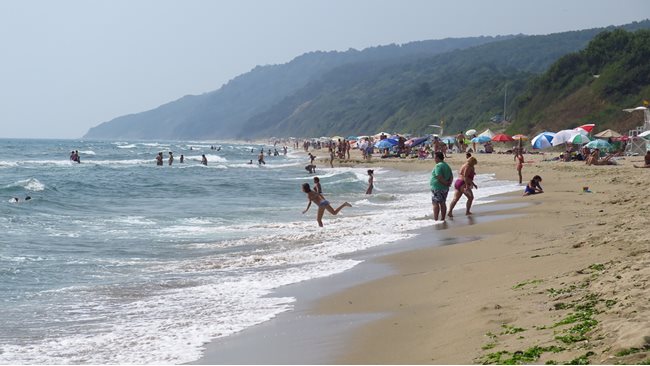As a result of the chronic drought raging in the western United States, the federal government on Monday declared for the first time in history water restrictions affecting Lake Mead, the largest artificial reservoir in the country, supplied by the Colorado River. The agency responsible for the management of water resources has just published its forecasts for the next 24 months and the outlook is very worrying: by the end of the year, Lake Mead, a gigantic reservoir attached to the Hoover Dam near Las Vegas, will have reached its lowest level since its creation in the 1930s. Also fed by Colorado, Lake Powell, the second largest reservoir in the United States, recently reached its lowest level on record, at only some 32% occupancy rate.
Water restrictions next year
As a result, federal authorities have announced that they will implement restrictions next year for states downstream of Lake Mead, which will impact millions of consumers, including farmers. Arizona will receive about 18% less water compared to a normal year, Nevada 7% less and Mexico, where Colorado finishes its race, 5% less. Areas downstream of the lake could also experience restrictions if the situation continues to deteriorate too quickly. “Like much of the (American) West and in our interconnected river basins, Colorado faces unprecedented and accelerating challenges,” said Tanya Trujillo, an official of the Federal Water Resources Agency. “The only way to respond to these challenges and to climate change is to use the best scientific knowledge and to work together,” she adds.
According to a study published last year by the United States Geological Agency (USGS), the flow of the Colorado River has declined by an average of 20% over the past century, and at least half of that decline can be attributed to the rise in temperatures in the area. “Globally, 800 million people are at risk of chronic water shortage due to the drought caused by a warming of + 2 ° C”, according to a draft report by UN climate experts (IPCC) obtained last June by AFP. Due to greenhouse gases generated by human activities, mainly fossil fuels, the planet has already gained around 1.1 ° C since the pre-industrial era. Most of this warming has occurred in the past 50 years.
–


